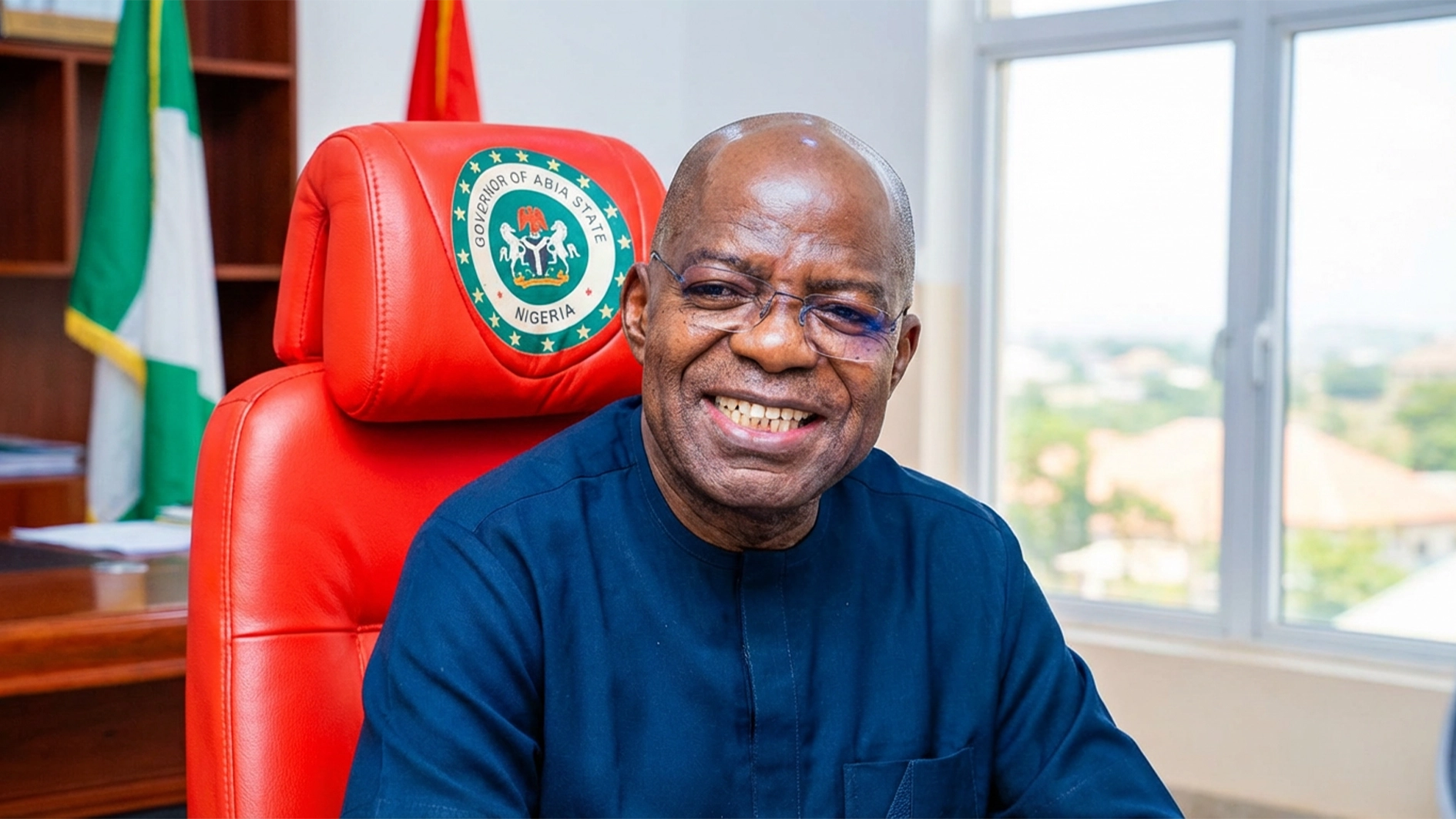
The Director-General of the National Agency for the Control of AIDS (NACA), Dr. Temitope Ilori, has called for drastic actions on the impact of the Human Immunodeficiency Virus (HIV) on brain health.
Ilori said that the impact of HIV on the brain must be confronted head-on. She said that although the life expectancy of people living with HIV (PLHIV) has significantly increased due to advancements in antiretroviral therapy (ART), the neurological complications associated with HIV continue to pose a significant challenge.
The NACA DG made the call in a keynote address at the launch of the Brain Centre and Neurorehabilitation Hospital in Ibadan.
Ilori spoke on the theme “Advancing Brain Health for Persons Living with HIV: A Call to Action.”
The former Health Commissioner said neurological complications of HIV are an important reality that needs to be confronted.
She said: “HIV can directly affect the brain, leading to conditions such as HIV-associated neurocognitive disorders. The virus exacerbates the risks of strokes, epilepsy, and other neurological conditions, which often require specialised care.
“Left untreated, these complications can severely impact a person’s quality of life, adherence to treatment, and mental well-being.”
Ilori declared that initiatives like the Brain Centre represent the specialized care needed to ensure brain health becomes a priority in Nigeria.
The University of Ibadan scholar said brain health in Nigeria, particularly in vulnerable populations such as PLHIV, faces many challenges, including access to brain care, integration of brain health into HIV care, investment in research and training for healthcare professionals in neurocritical care and neurorehabilitation, and increasing public awareness on brain health.
The DG, however, declared that the Brain Centre symbolises hope for a future where specialised care is accessible to all.
It reflects our shared commitment to building a healthcare system that prioritises every aspect of health, including the often-overlooked domain of brain health.
She added, “For PLHIV, the Brain Centre represents a future where no one is left behind, where every individual can live a life of dignity and purpose, regardless of the challenges they face.”
In her welcome address, the founder of the Brain Centre, Dr Temitope Farombi, stated that the centre was a bold step toward addressing the often-overlooked yet critically important aspects of brain health.
Farombi, who is a Consultant Neurologist at the University College Hospital (UCH), Ibadan, said: “The centre stands as a beacon of hope, innovation, and excellence committed to improving the lives of patients with neurological disorders.
“In Nigeria today, one in four persons has hypertension and one in six persons has diabetes. These are major non-communicable diseases that are driving neurological conditions in Nigeria.
“Right now, we see people who are less than 25 years old coming down with strokes; that affects the way they function in the community. So, what the Brain Centre is doing is to support everyone with neurological disorders to recover and be reintegrated back into society.
“By 2030, Nigeria will experience three times the neurological conditions we currently have, like epilepsy, stroke, headache, insomnia, depression, and mental health diseases. But we see ourselves as a beacon of hope that anything we put our hearts to do in Nigeria is possible.
“We just need the government’s support to enact policies that will retain our best hands. I decided to stay back to provide community support, having been trained by the government for over 20 years. So, this is us giving back to society and giving back to the government.”
Senator Sarafadeen Alli, who was the chairman of the occasion, was represented by Dr. Saka Adewunmi.
Alli stated that the Brain Health Centre, a state-of-the-art facility, was a testament to collective efforts to bring world-class healthcare services to Ibadan and urged that it serve as a model for innovative healthcare solutions in Nigeria and beyond.
The senator pledged continued legislative activities toward improving the nation’s healthcare and governance.
In their goodwill messages, Mr. Abiodun Olatunji (SAN) and Professor Mojisola Atalabi, who lamented dilapidated healthcare delivery, charged the National Assembly to vote for enough funding for the nation’s health sector, particularly the University College Hospital, for a better dispensary.






